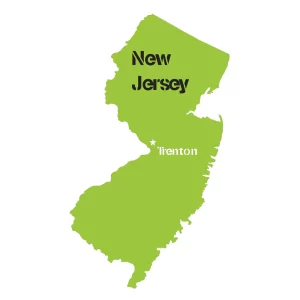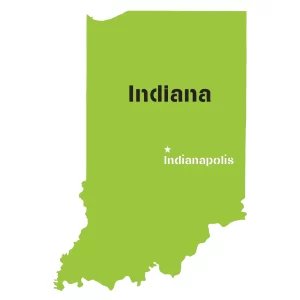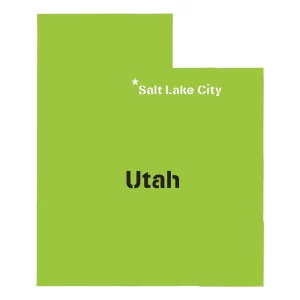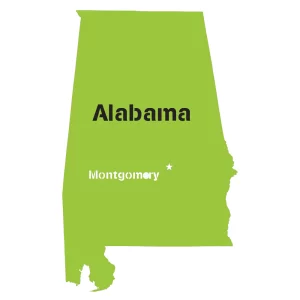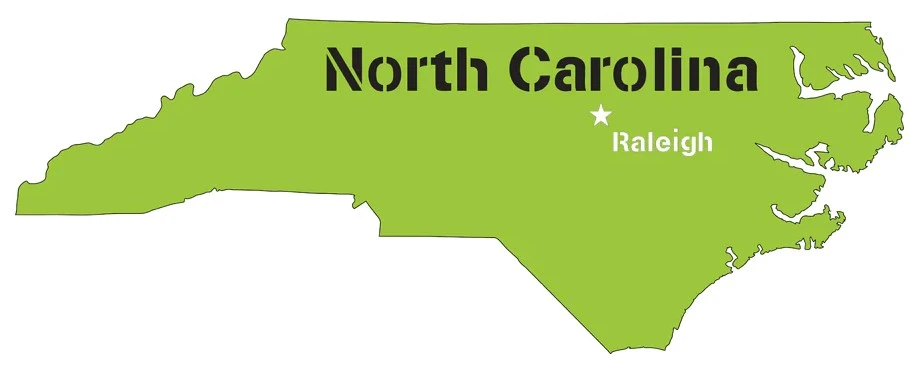
Did you know that in 2020, over 5 million people in the US reported using kratom? That’s a shocking 50% increase from 2016 numbers. With growing popularity comes growing concern over legality. So is this controversial botanical actually legal in the Tar Heel State? Let’s look more closely.
A Brief History of Kratom
Southeast Asian tropical evergreen trees are known as kratoms. The leaves have been used for centuries as both a stimulant and sedative. Farm laborers in Thailand and Malaysia would commonly chew the leaves or make them into tea to combat fatigue and increase productivity.
In recent years, kratom has exploded in popularity across the Western world. Advocates praise it as a safe herbal supplement that can relieve pain, anxiety, depression, and even help overcome addiction. However, critics argue it has a high potential for abuse and dependency.
This disagreement has lead to a complex and rapidly evolving legal landscape for kratom.
The Kratom Controversy
Kratom contains certain compounds (alkaloids) that interact with the brain’s opioid receptors. This is why it can act similarly to pain medication like morphine. However, it also contains alkaloids that produce stimulant effects.
This combination of opioid and stimulant-like effects make kratom a controversial substance:
- Supporters say it’s a safe alternative to prescription painkillers that also boosts energy and focus. Some even claim it can be used to overcome opioid addiction.
- Opponents argue it has significant risks including dependency and psychosis. They want it banned for the safety of public health.
Currently, there is limited research available to definitively determine kratom’s safety profile and potential for abuse. However, research is ongoing.
The Legality of Kratom in North Carolina
Currently, kratom is legal in the state of North Carolina. There are no laws prohibiting the use, possession, or sales of the plant.
The North Carolina state legislature has attempted to restrict and ban kratom in the past, but no legislation succeeded. The latest bill to ban kratom failed in 2019.
However, there are some caveats:
- Although kratom is legal at the state level, certain counties and cities in NC have banned it. These include Sarasota, Union, and Denver.
- Kratom is banned for North Carolina state prison inmates.
- It’s illegal to sell kratom to minors under the age of 18.
- Kratom products cannot be adulterated with other substances.
So in summary, kratom remains legal across most of North Carolina, but with some limitations. The legality may also change in the future as the state continues to evaluate its stance.
The Debate Over Regulation vs Ban
Like many states, North Carolina is still grappling with how to best regulate kratom. Lawmakers essentially have two options:
- Institute stricter regulations on kratom to protect consumers.
- Move to ban kratom possession and sales altogether.
Supporters of regulation say it allows kratom to remain available for responsible adult use, while clamping down on unscrupulous vendors.
Potential regulatory moves include:
- Requiring vendors to properly label kratom products so consumers are informed.
- Implementing age restrictions like the current ban on sales to minors.
- Force vendors to disclose the exact chemical composition of their kratom strains.
- Require that kratom sold in stores is pure leaf, not adulterated with other compounds.
Proponents of an outright ban believe kratom is dangerous enough that it should be fully prohibited like other illicit drugs.
They point out that spotty industry regulation has lead to contaminated kratom linked to serious health issues – even death. A ban would quell such risks.
Currently, the FDA has advocated for a nationwide criminalization of kratom. So far, the DEA has declined to place it on the controlled substances list alongside hardcore drugs. But the possibility remains on the horizon.
The Takeaway: Kratom’s Future Is Uncertain
For now, most North Carolinians can purchase, possess, and use kratom legally. However, the regulatory climate remains turbulent.
While kratom proponents tout its benefits, opponents continue pushing for harsher restrictions citing safety risks.
A future ban is not outside the realm of possibility, but currently no legislation is pending. Kratom users in NC remain free to make their own decisions, but should stay vigilant on any changes in policy.
With further research, kratom’s true therapeutic potential and side effects will come into clearer focus. This will hopefully allow lawmakers to make informed decisions that balance public health interests with adults’ freedom to make their own choices.
For now, North Carolinians have the right to weigh the purported benefits and drawbacks of kratom themselves. But the window may close in the future if marijuana-like prohibition returns.
